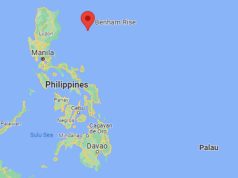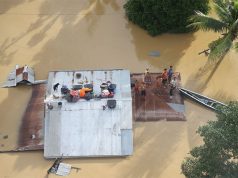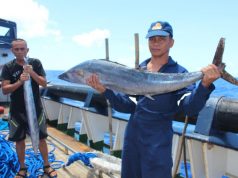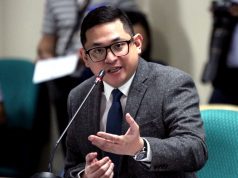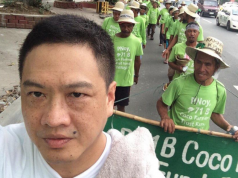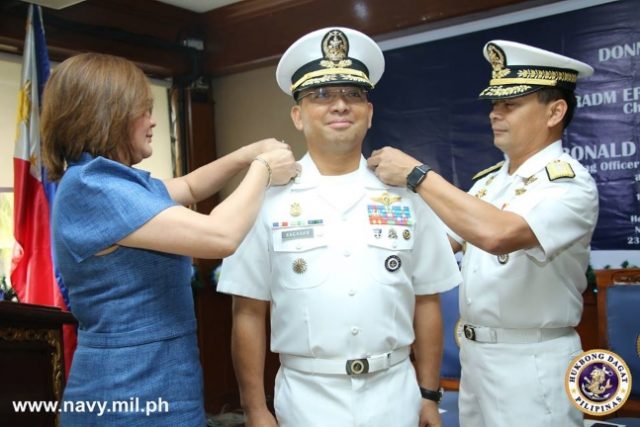
“We don’t have that many floating assets to patrol that area [Benham, or Philippine Rise].” This is the admission of Chief of the Naval Staff Rear Admiral Erick Kagaoan during the Senate Committee on Science and Technology’s hearing on the incursions of foreign ships there, east of Luzon Island.
The Philippine Navy has limited resources and is in need of more and newer ships to patrol the eastern part of Philippine Rise, particularly “weather high endurance cutters” or frigates, Kagaoan added.
National Security Adviser Hermogenes Esperon, Jr., confirmed this, saying, “May kulang pa rin (There is an insufficiency) because it’s really a vast area.”
He proposed that Congress allocate a budget for more naval ships, airplanes, and unmanned aerial vehicles, which enables the Philippine Navy to do a better job of keeping surveillance of the area.
Esperon added that even the academe suffers from a shortage of resources. For example, he said, the University of the Philippines Marine Science Institute (UP-MSI) has only seven marine biologists. Incentives, scholarships, as well as research ships with adequate “instrumentation” should be provided by the government.
UP-MSI director Dr. Fernando Siringan was more detailed in his proposal, saying 10 additional “faculty items”, 10 full-time researchers, and six equipment researchers are needed to boost the capability of UP-MSI.
He asked how, with the limited number of faculty members, they could join or mount expeditions while teaching at the same time.
Currently, they take turns doing research projects for two weeks, or divide their trips into legs.
He also sought a platform for deep water work and smaller support platforms, explaining that research on shallow parts of the sea is different from that of the deep sea.
For UP-MSI to be able to conduct full-fledged marine science work in the Philippines’ exclusive economic zone, it needs no less than P20 million a year, Siringan continued. It will also need to partner with other higher education institutions, which will require around P200 million per year.
Siringan also suggested granting scholarships for 20 students taking their master’s degrees, and five students doing their PhDs each year, which will cost around P222 million for seven years.
Apart from this, he recommended that 30 PhD students specializing in open ocean or deep sea work be sent abroad at a cost of P300 million.
“We have to send the people out. Ako ay produkto ng isang scholarship (I myself am a product of a scholarship)… [I] studied abroad,” Siringan said, adding that he got his education in laboratories that were among the best in the world. The scholars will then return home with their expertise.
Finally, Siringan pitched for a new ship, saying researchers can probably “extract a few more years” from the “old ship” they are using now. A research vessel which can enable scientists to take samples from the sea floor will cost around P2.5 billion, at an annual operating or maintenance cost of about P250 million.
In terms of Philippine Rise, UP-MSI has already embarked on at least four expeditions: two in 2010 and 2012 with a team from the United States, and another two in 2014 and 2016 made up of an all-Filipino group. The Filipinos have already been able to study Benham Bank, or the shallowest part of Philippine Rise to a depth of 100 meters, by themselves.
Filipino scientists are already doing work that other nationalities are capable of doing; at the same time, they are also doing some of the work with more proficiency than other nationalities in the face of resource handicaps, Siringan stressed.
More can be done, he said, if only they have the proper equipment and platforms.




